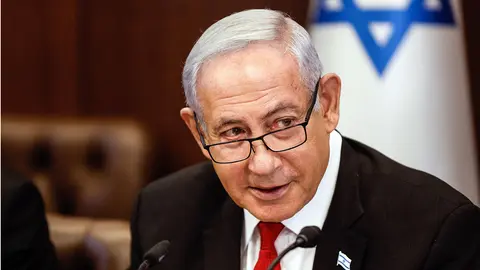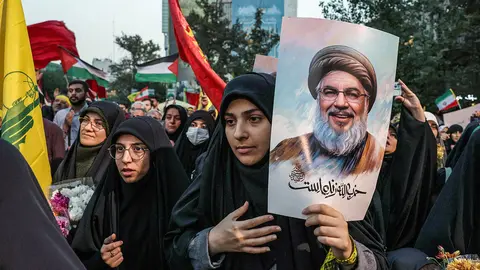Paris conference leaves 1 billion dollars for Lebanon
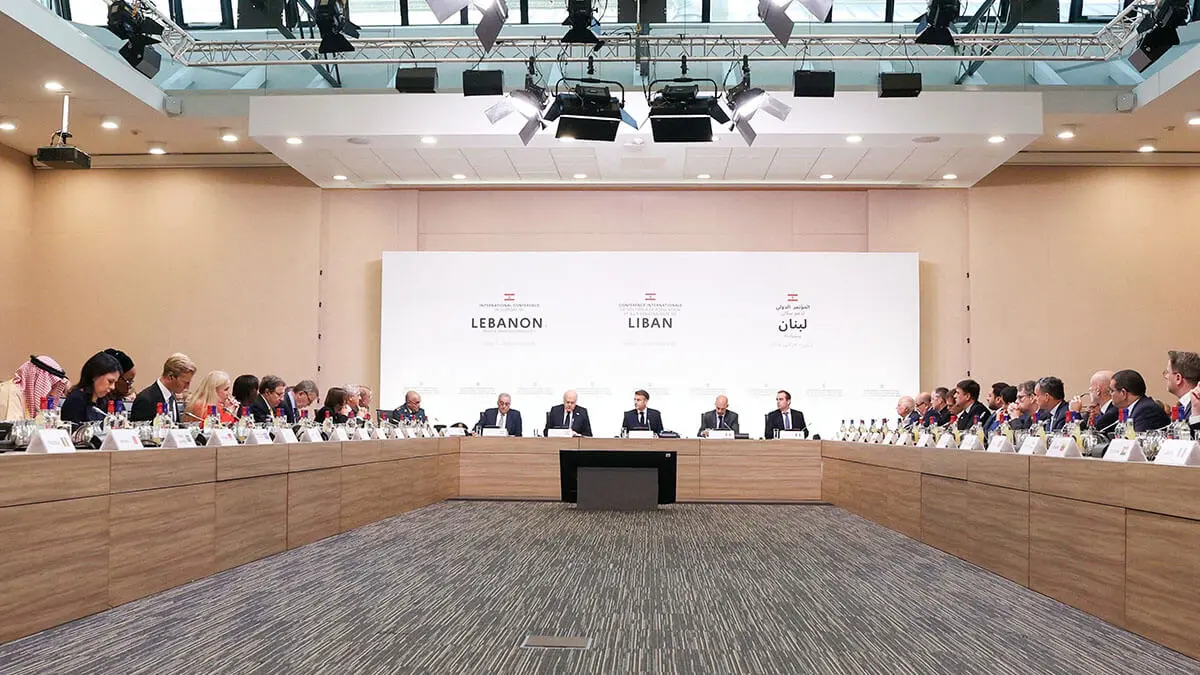
The Paris conference was attended by a number of world powers who have raised 1 billion dollars for Lebanon to address the country's hardship and destruction.
Some 70 government delegations and 15 international organisations gathered in Paris to help Lebanon, but the small US presence and looming US elections reduced the prospects for a rapid cessation of fighting. Diplomats present feared a lack of US commitment to call for a ceasefire to give Lebanon some breathing space in the run-up to the US presidential election.
“The message (for Israel) is simple: Cease fire!” France’s Foreign Minister Jean-Noel Barrot told a news conference, reiterating that a Franco-American proposal for a temporary truce was still on the table.
Barrot said more than $800 million, including $300 million from Washington, had been raised primarily to help up to one million displaced with food, healthcare and education.
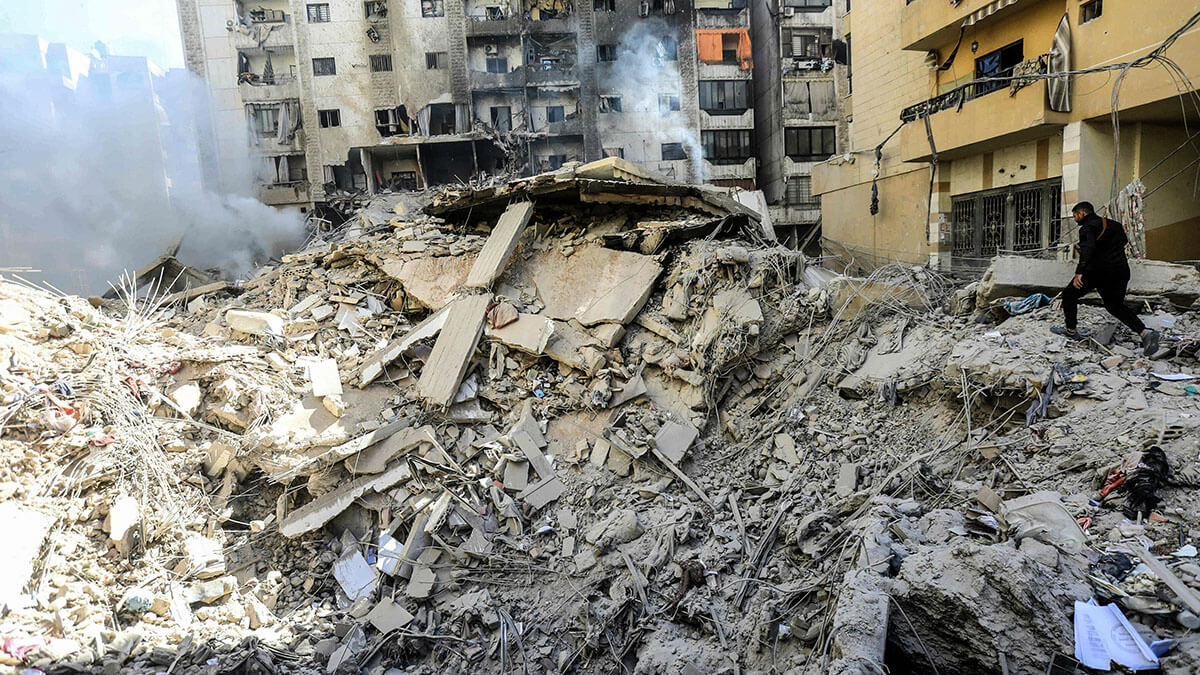
A further $200 million would go to the Lebanese Armed Forces (LAF), deemed as the guarantor of internal stability, and also vital to implementing 2006 UN Security Council resolution 1701 that calls for southern Lebanon to be free of any troops or weapons other than those of the Lebanese state.
France has historical ties with Lebanon but a fraying connection to political players on the ground and increasing marginalisation on the international diplomatic scene, say analysts.
The French have been trying to work with Washington in trying to secure a ceasefire, although the two allies differ on approach regarding 1701 and the US showing little interest in coordinating its moves with Paris.
After Israel rebuffed a 21-day ceasefire plan in September, French influence has been limited since Israel launched its large-scale onslaught on Iran-backed Hezbollah that has killed more than 2,500 people and displaced at least 1.2 million.
“The storm we are currently witnessing is unlike any other, because it carries the seeds of total destruction,” Lebanon’s caretaker Prime Minister Najib Mikati told delegates, pleading for more pressure to be put on Israel.
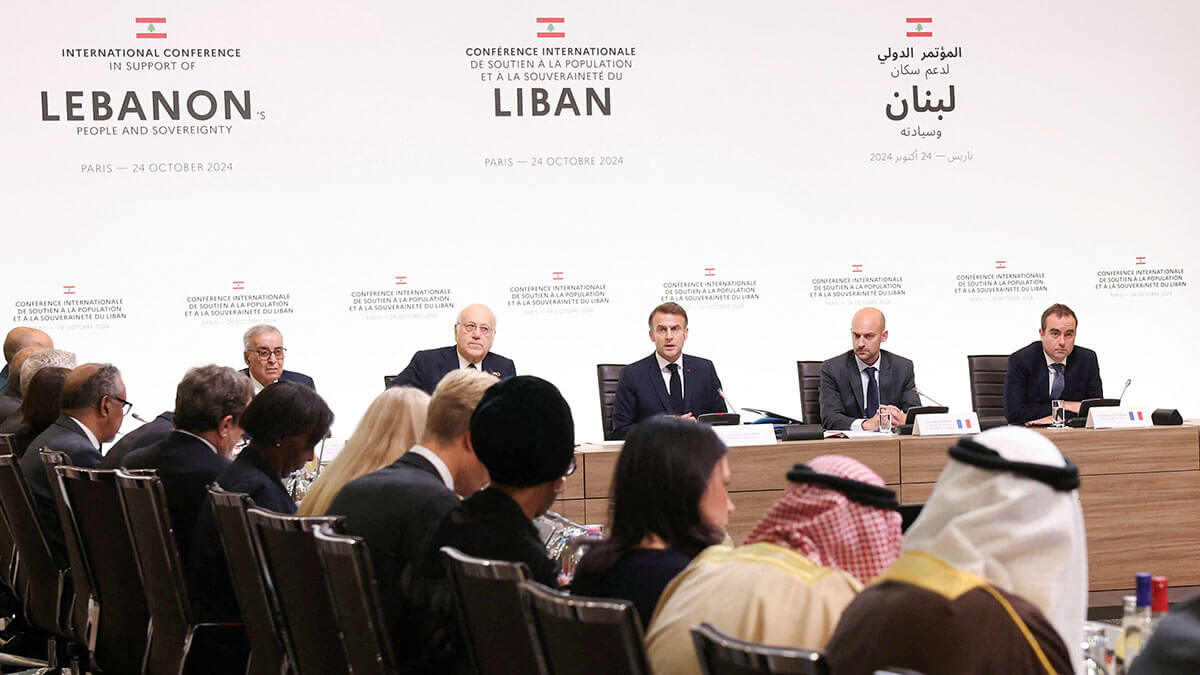
Opening the conference, President Emmanuel Macron said there must not be a return to past cycles of violence.
“More damage, more victims, more strikes will not enable the end of terrorism or ensure security for everyone,” he said.
Despite the repeated calls for a ceasefire, there was no sign on Thursday of the conflict abating. Three Lebanese soldiers were killed in an Israeli strike near the border, the Lebanese army said.
The Israeli military said on Thursday that five soldiers were killed and seven were wounded in southern Lebanon, in battles against Hezbollah.
US Secretary of State Antony Blinken skipped Paris and appeared to make little progress during a tour of the Middle East, a final push for peace before next month’s US election.
The UN Security Council resolution has never been fully implemented and amid a two-year political power vacuum and collapsed economy, the Lebanese army has no real weight to play its role in the south of the country.
Hezbollah has been acting as a state-within-the state with more weapons and troops than the army and wielding a disproportionate sway over the country’s political process.
“The final objective is to recruit, train and equip 6,000 new LAF units,” an Italian diplomatic source said, adding that Rome would soon organise its own conference focused on this.
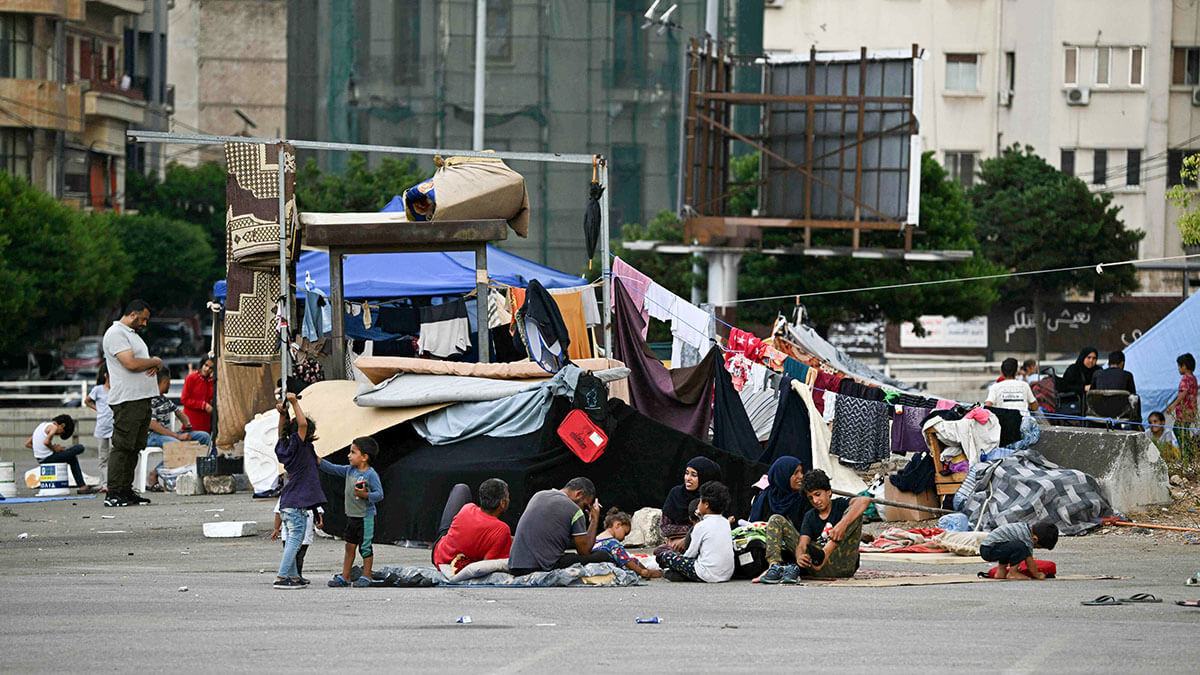
Italy has some 1,000 troops as part of the 10,000-strong UNIFIL peacekeeping mission in Lebanon.
Diplomats say that once there is a ceasefire the mission will need to be made more robust.
“Let’s not reinvent the wheel. We have to make it work,” EU foreign policy chief Josep Borrell said, adding that amending its mandate would need a new UN Security Council vote.
Borrell said there was scope to increase UNIFIL’s troop numbers to 15,000 under the current mandate.
“The objective this time is to find conditions that ensure the lasting implementation of 1701 so that peace returns on both sides”, something easier said than done, Barrot said.
The resolution calls for southern Lebanon to be free of any troops or weapons other than those of the Lebanese state.
France’s top diplomat also said Lebanon must end a two-year vacuum and elect a new president, calling the lack of an elected head of state ‘inconceivable’.
“To preserve its unity in the face of challenges, to be represented at the negotiating table in the future, Lebanon must have a head of state,” Barrot told a news conference in Paris.
But highlighting the differences in approach between Paris and Washington, two diplomats said Washington’s representative had put the blame squarely on Hezbollah when addressing delegates, saying it was time for the militant group to disarm.
European and Arab nations are concerned that Washington has not called for an immediate ceasefire and fear the administration will not alter its position before the election on November 5.
“France wants a ceasefire and believes that Hezbollah will not be eliminated,” said a Middle East diplomat. “The US wants the destruction of Hezbollah and is encouraging the Israelis to go further.”
While condoning Israel’s attempt at destroying Hezbollah, Washington seems wary of a prolonged war.
“As Israel conducts operations to remove the threat to Israel and its people along the border with Lebanon, we have been very clear that this cannot lead, should not lead, to a protracted campaign,” Blinken said in Doha.

